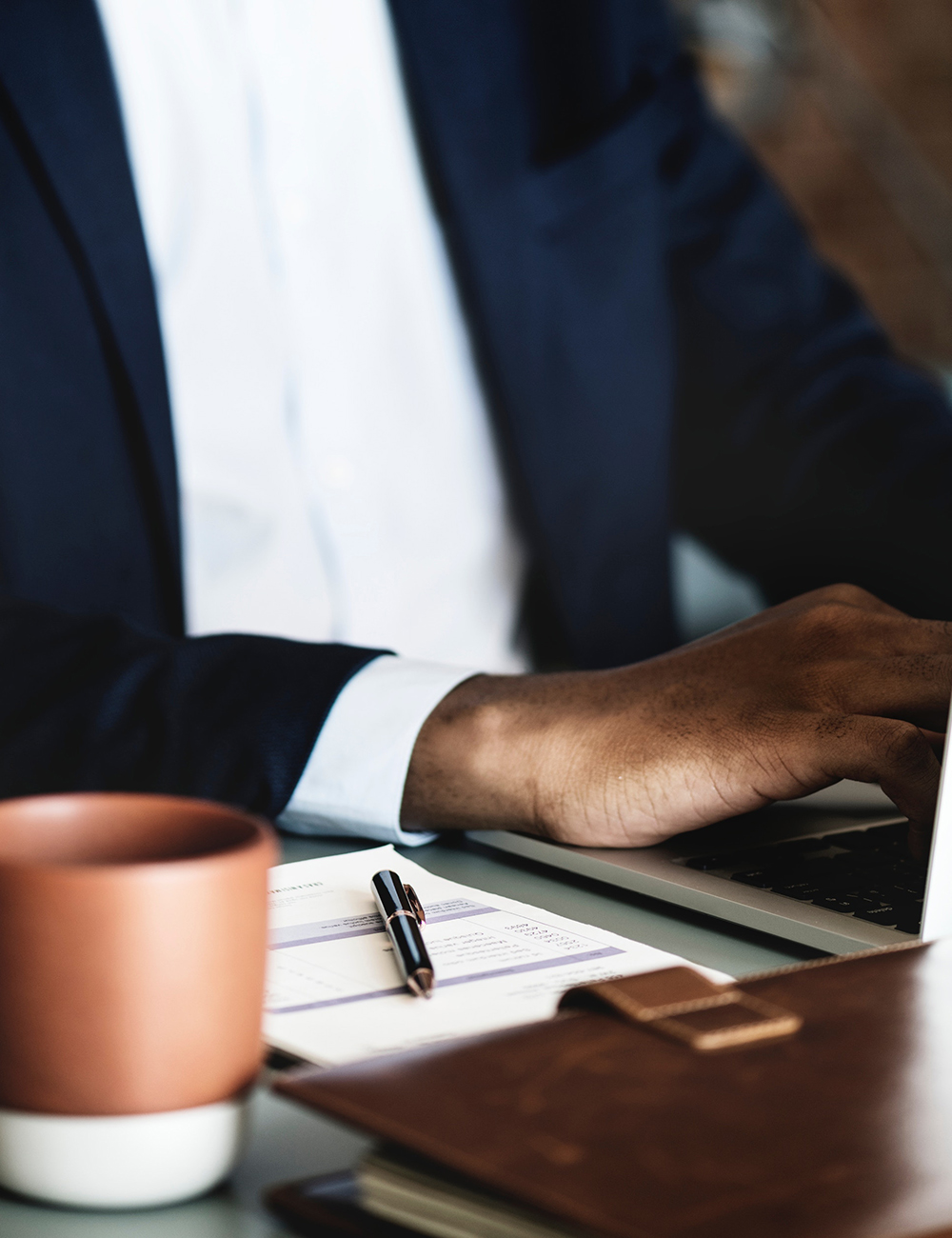
When you’re facing criminal charges, it’s important to find representation early. The first few weeks after a charge can be critical to building your case. But hiring a criminal defense lawyer can be a confusing process at a time when you’re already likely under a lot of stress. Here are a few things to keep in mind that can help guide you in your search.
1. Consultations: It’s a Process
It’s important to find a lawyer who you feel best represents you, and it’s perfectly normal for that to take a few consultations with different lawyers. Many lawyers offer free or low-cost consultations for exactly this reason. To make the most of your consultation time, make sure to bring in all of the case-related paperwork you have, and write down a list of questions you’d like to ask. This way, you don’t have to remember everything in the moment.
2. Ask for References
When you’re in the first stages of looking for a lawyer to consult, website testimonials are great, but most lawyers are happy to provide references on request as well. It’s good to get a sense of a lawyer’s experience and case history before deciding to hire, so don’t be shy to ask during your consultation.
3. Ask About Court Experience Relevant to Your Case
Once you’ve explained the facts of your case, ask for the lawyer’s experience in trying cases like yours. Do they have any idea what their suggested strategy would be in court? Keep in mind: some lawyers take on criminal cases only occasionally, while others make it their entire specialty. Many criminal defense lawyers even have particular niche focus areas when it comes to the types of charges they take on. They may have more experience in one court system than another, so it’s important to ask about their experiences with both state and federal cases, depending on the nature of your charge. Local court system knowledge is important–you want a lawyer who’s personally familiar with the judges and prosecutors likely to be involved in your case. They may know what strategies often fail or succeed under the circumstances.
4. Ask How You’ll Be Billed
It’s never a rude or unexpected question to ask a lawyer you’re meeting with to explain their billing procedure to you, and you don’t want to end up with an expensive misunderstanding down the line–so always ask! Lawyers vary in the way they choose to bill for their services. Some might offer flat fees, retainer rates, hourly rates, or different rates for different purposes. Most lawyers are happy to explain their billing structure up front to avoid future billing misunderstandings (any lawyer who won’t should raise a red flag). Once you understand the fee structure, it’s smart to ask if the lawyer expects any additional fees might come up given the nature of your case, such as the cost of expert witnesses or investigators. Once you’ve committed to representation, keep a written fee agreement for your own records.
5. Personal Fit
Any scenario in which you need a defense lawyer is likely to be a tense time, and it’s okay to want a lawyer you feel a personal fit with–in fact, it’s important. Keep other practical considerations in mind, but when it comes to finding a lawyer you feel you can communicate honestly with and trust, you need to go with your gut. During your consultation, do you feel like you can ask questions? Do you feel understood? If you don’t feel heard, or if there are obvious misunderstandings that don’t improve, you might need to find someone who’s a better communication fit. Compassion is important. Your lawyer doesn’t have to be warm and fuzzy, but if they’re aloof or rude? Hit the road. Also, if you’re consulting with a law firm rather than a solo practitioner, be sure to ask who specifically will be handling your case. Sometimes the lawyer you meet with may not be the one who tries your case in those situations.
6. Don’t Put It Off
No matter when your court date is scheduled, it’s important to start looking for a lawyer right away. It could take consultations with several different lawyers before you find a fit, and there are often things you need to do and paperwork that will need to be completed well ahead of the actual court date. A last minute lawyer may be automatically in a weaker position to defend your case due to the crunch for time–don’t run that risk.

